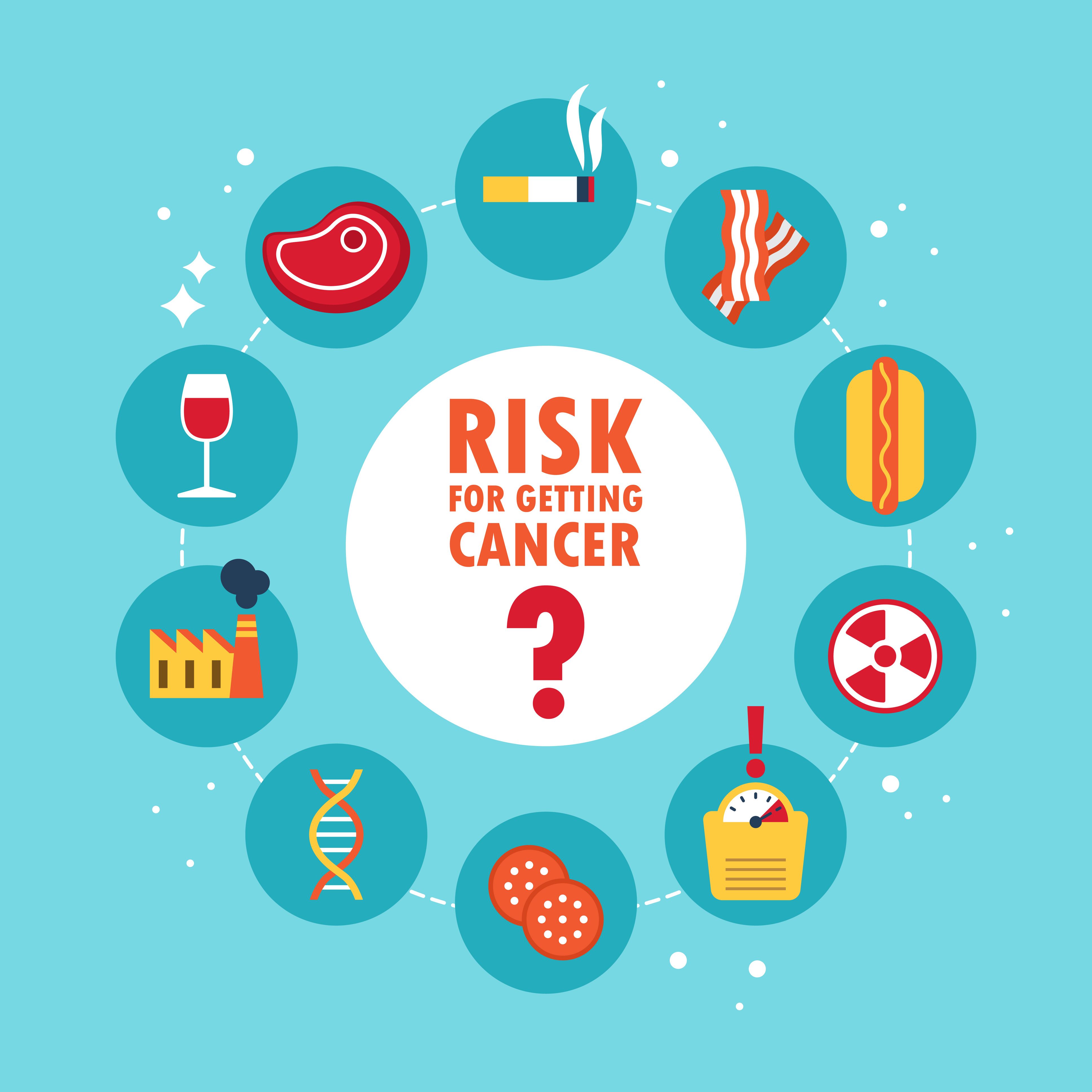- Center on Health Equity & Access
- Clinical
- Health Care Cost
- Health Care Delivery
- Insurance
- Policy
- Technology
- Value-Based Care
New Study Reveals 40% of US Cancer Cases, Nearly Half of Deaths Linked to Modifiable Risk Factors
Cigarette smoking among other modifiable risk factors were significantly associated with cancer cases and deaths.
A new study finds 4 in 10 cancer cases and about one-half of cancer deaths in adults aged 30 years and older may be attributed to modifiable risk factors, such as cigarette smoking, excess body weight, alcohol consumption, physical inactivity, diet, and infections.1

“Despite considerable declines in smoking prevalence during the past few decades, the number of lung cancer deaths attributable to cigarette smoking in the United States is alarming,” Farhad Islami, MD, PhD, senior scientific director of cancer disparity research at the American Cancer Society and lead author of the report said in a statement. “This finding underscores the importance of implementing comprehensive tobacco control policies in each state to promote smoking cessation, as well as heightened efforts to increase screening for early detection of lung cancer when treatment could be more effective. Interventions to help maintain healthy body weight and diet can also substantially reduce the number of cancer cases and deaths in the country, especially given the increasing incidence of several cancer types associated with excess body weight, particularly in younger individuals.”
This study was published in CA: A Cancer Journal for Clinicians.2
The study incorporated nationally representative data on cancer incidence, mortality, and risk factor prevalence to estimate the proportion and number of cancer cases and deaths potentially linked to modifiable risk factors.1 Modifiable risk factors included cigarette smoking (current and former smoking), second-hand smoke, excess body weight, alcohol consumption, consumption of red and processed meat, low consumption of fruits and vegetables, dietary fiber, and dietary calcium, physical inactivity, ultraviolet (UV) radiation, and 7 carcinogenic infections.
Of a total of 1,781,649 adult incident cancer cases in 2019, 713,340 (40%) were attributable to these potentially modifiable risk factors.2 Additionally, cigarette smoking had the largest proportion of cancer cases, accounting for 19.3% of all cases (n = 344,070) as well as 56% of all potentially preventable cancers in males (n = 206,550) and 39.9% in females (n = 137,520).1
Second to cigarette smoking, excess body weight had the largest population-attributable fraction (PAF) of 7.6%, followed by alcohol consumption (5.4%), UV radiation exposure (4.6%), and physical inactivity (3.1%).
The proportion of cases caused by potentially modifiable risk factors by cancer type ranged from 100% for cervical cancer and Kaposi sarcoma to 4.9% for ovarian cancer. Additionally, lung cancer had the largest number of cases attributable to elevated risk factors in both males (n = 104,410) and females (n = 97,250).
However, the researchers acknowledged some limitations to the study, including having a 10-year lag period between exposure and cancer incidence or mortality, which may not be an accurate exposure window for all cancer types and risk factors.2
Despite limitations, the researchers believe these findings reinforce that cancer in the United States can be substantially reduced through implementation of preventative strategies.
“These findings show there is a continued need to increase equitable access to preventive health care and awareness about preventive measures,” Ahmedin Jemal, DVM, PhD, senior vice president, surveillance and health equity science at the American Cancer Society and senior author of the study, said in a statement.1 “Effective vaccines are available for hepatitis B virus that causes liver cancer and HPV, which can cause several cancer types, including cervical, other anogenital, and oropharyngeal cancers. Vaccination at the recommended time can substantially reduce the risk of chronic infection and consequently, cancers associated with these viruses. HPV vaccination uptake in the United States is suboptimal.”
References
1. New study finds 40% of cancer cases and almost half of all deaths in the US linked to modifiable risk factors. News release. American Cancer Society (ACS). July 11, 2024. https://www.newswise.com/articles/view/813804/?sc=dwhr&xy=10026574
2. Islami F, Marlow C. E, Thomson B, et al. Proportion and number of cancer cases and deaths attributable to potentially modifiable risk factors in the United States, 2019. CA Cancer J Clin. Published online July 11, 2024. doi:10.3322/caac.21858
